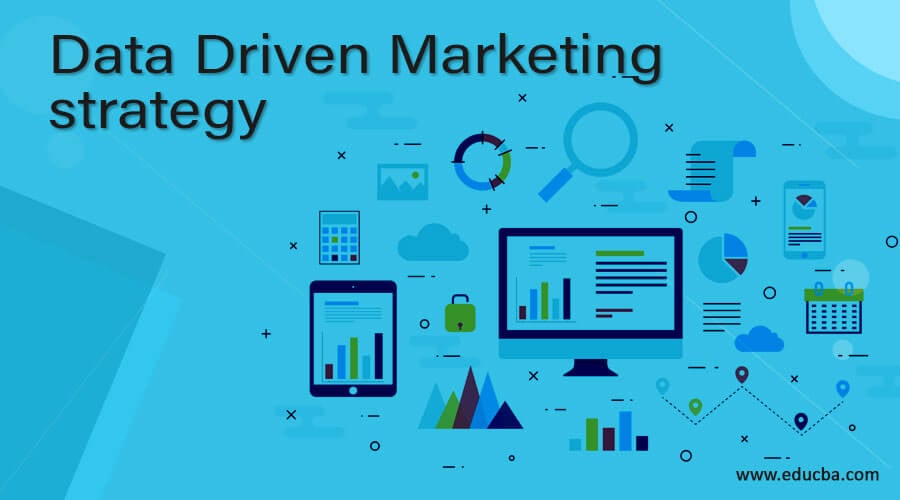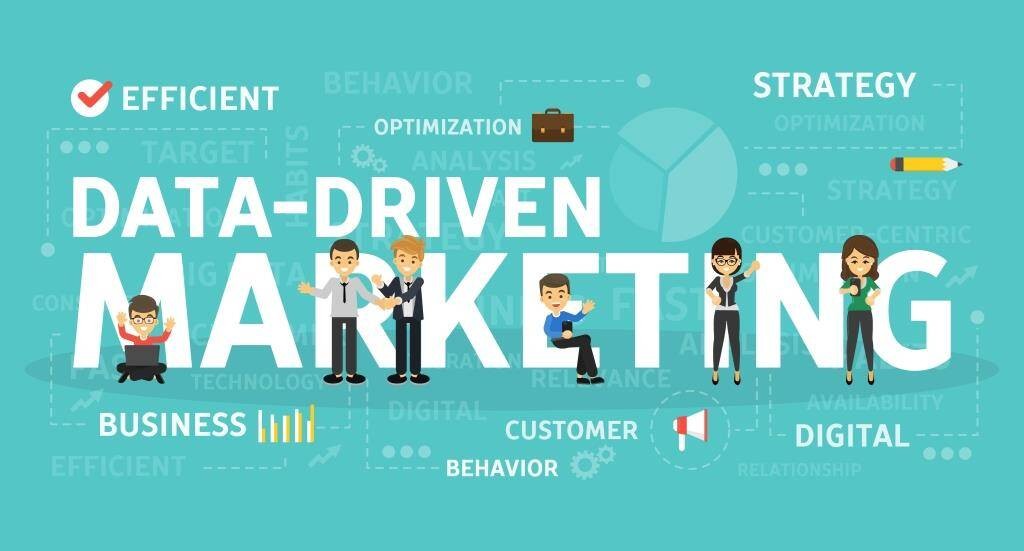Data driven marketing strategies : Unlock Success

Discover how data-driven marketing strategies can unlock success for your business. Learn how analytics, customer insights, and performance tracking improve ROI, sales funnel optimization, and content marketing.
Unlock success with data-driven marketing strategies — from leveraging customer insights to optimizing your sales funnel, content marketing, and social media campaigns for maximum ROI.
What is Data-Driven Marketing?
Data-driven marketing is the use of customer information, behavior, and analytics to guide marketing decisions. Instead of guessing what works, businesses use data to:
Understand audience preferences
Personalize communication
Optimize ad spend
Improve conversion rates
In short, data-driven marketing ensures that every campaign is backed by facts and measurable insights.
Why Data-Driven Marketing is Essential
Better Customer Understanding – Data helps identify what your audience likes, when they engage, and what motivates them to buy.
Improved ROI – By tracking performance metrics, businesses can spend wisely on what works.
Personalization at Scale – Tailoring content and offers based on customer behavior builds trust and loyalty.
Faster Decision-Making – Real-time analytics provide instant feedback on campaigns.
Key Components of Data-Driven Marketing
1. Customer Insights
At the core of data-driven marketing lies customer data. This includes demographics, purchase history, and online behavior. By segmenting your audience, you can craft targeted messages that resonate with different customer groups.
2. Sales Funnel Optimization
The sales funnel is the journey customers take from awareness to conversion. Data helps optimize each stage:
Awareness – Track which channels bring the most traffic.
Interest – Analyze engagement with blogs, videos, or social media posts.
Decision – Monitor email open rates, webinar attendance, or free trial sign-ups.
Action – Use conversion tracking to measure sales or form submissions.
With the right data, businesses can identify weak spots in the funnel and improve them for higher conversions.
3. Content Marketing
Content is king, but data makes it powerful. By tracking metrics such as page views, bounce rates, and time on page, you know which content drives the most engagement. Data also reveals the keywords your audience searches for, allowing you to create SEO-friendly blogs, videos, and case studies that bring in qualified leads.
4. Social Media Marketing
The basic of social media marketing lies in engagement. Data analytics shows which posts perform best, what time audiences are most active, and which platforms generate leads. By running A/B tests and monitoring click-through rates, businesses can fine-tune campaigns for better results.
Benefits of Data-Driven Marketing
Targeted Campaigns: Reach the right audience with precision.
Smarter Budget Allocation: Invest in strategies that deliver proven ROI.
Personalized Experience: Deliver relevant offers and content to customers.
Continuous Improvement: Data allows businesses to test, measure, and refine campaigns regularly.
Practical Data-Driven Marketing Strategies
Leverage Analytics Tools – Use platforms like Google Analytics, Facebook Insights, or CRM dashboards to collect and analyze data.
Segment Your Audience – Divide your audience by demographics, behavior, or purchase history for tailored campaigns.
A/B Testing – Test two versions of a campaign (emails, ads, landing pages) and choose the one with better performance.
Automate the Sales Funnel – Use email automation and remarketing ads to nurture leads until they are ready to buy.
Measure Content Performance – Track which content drives leads and focus more on what works.
Optimize Social Media Campaigns – Run data-backed paid ads to reach your most responsive audience.
Example: Data in Action
Imagine a company running Facebook ads without analyzing results. They may waste budget on audiences that don’t convert. But by using data-driven marketing, they can identify which age group, interest, or location responds best. The result? Lower costs, higher conversions, and improved ROI.
Unlocking success with data-driven marketing strategies requires a shift from guesswork to analytics-driven decision-making. By combining customer insights, sales funnel optimization, content marketing, and social media strategies, businesses can maximize ROI and stay ahead of the competition.
In 2025 and beyond, companies that harness data effectively will be the ones that grow faster, engage customers better, and achieve long-lasting success.





